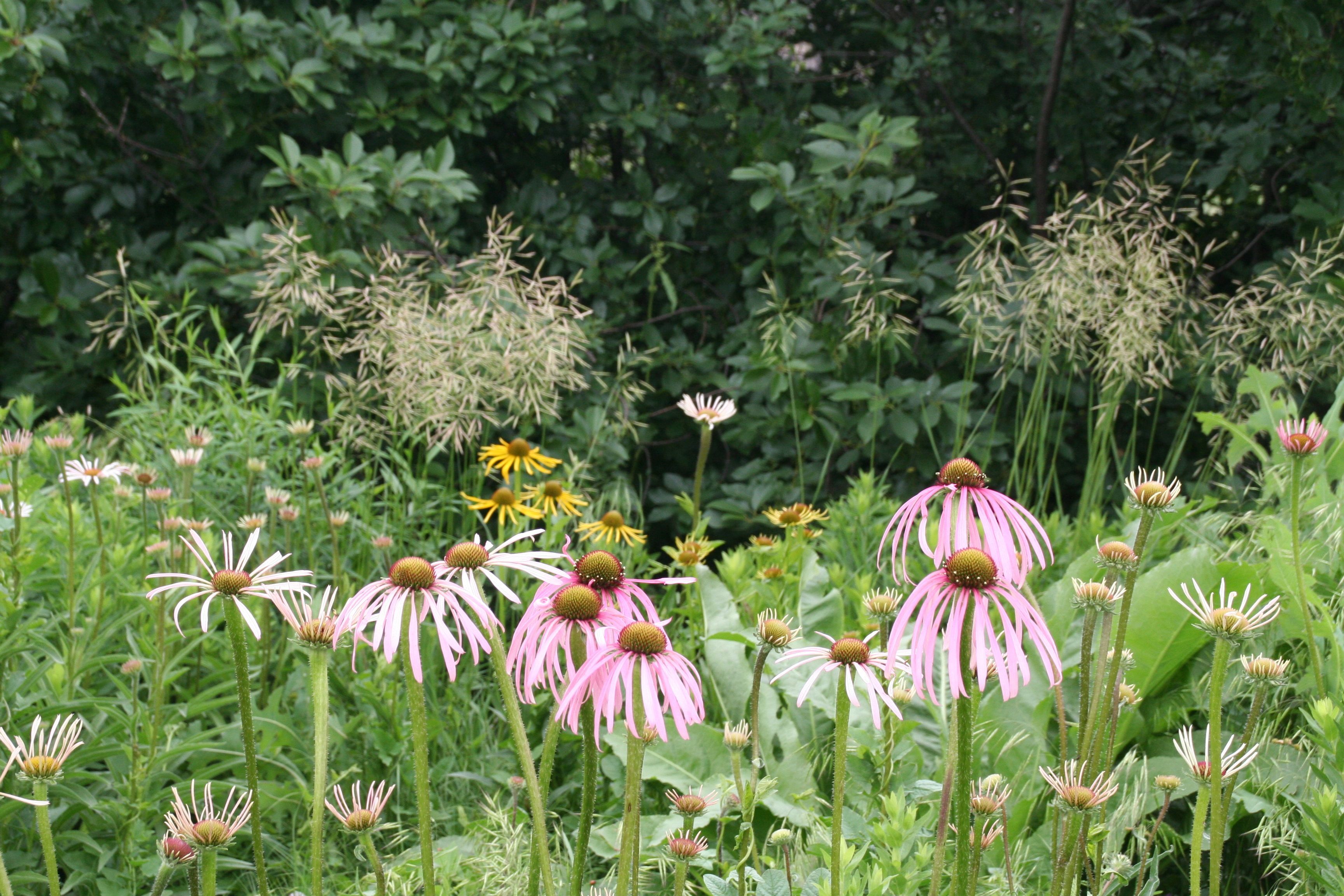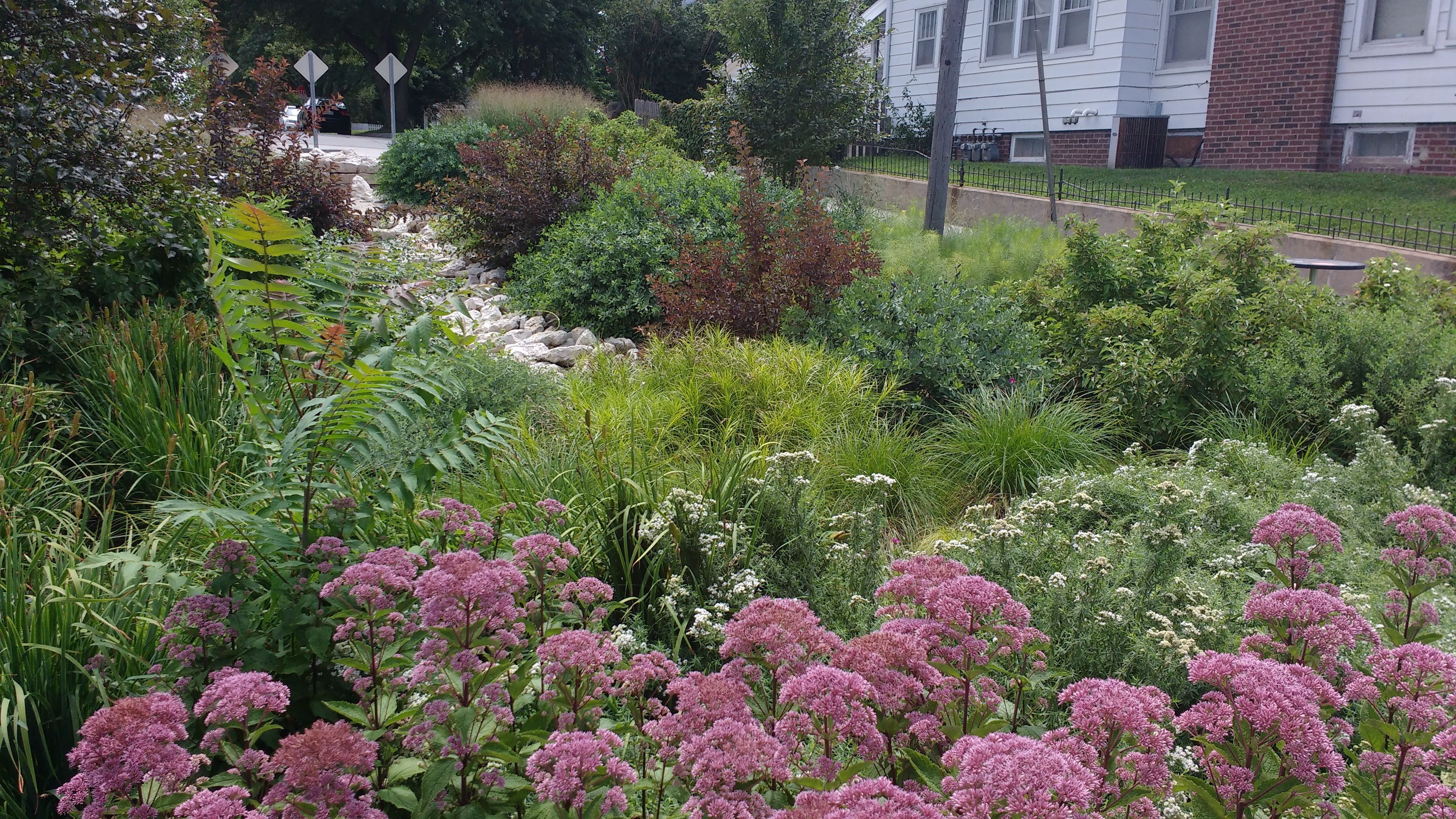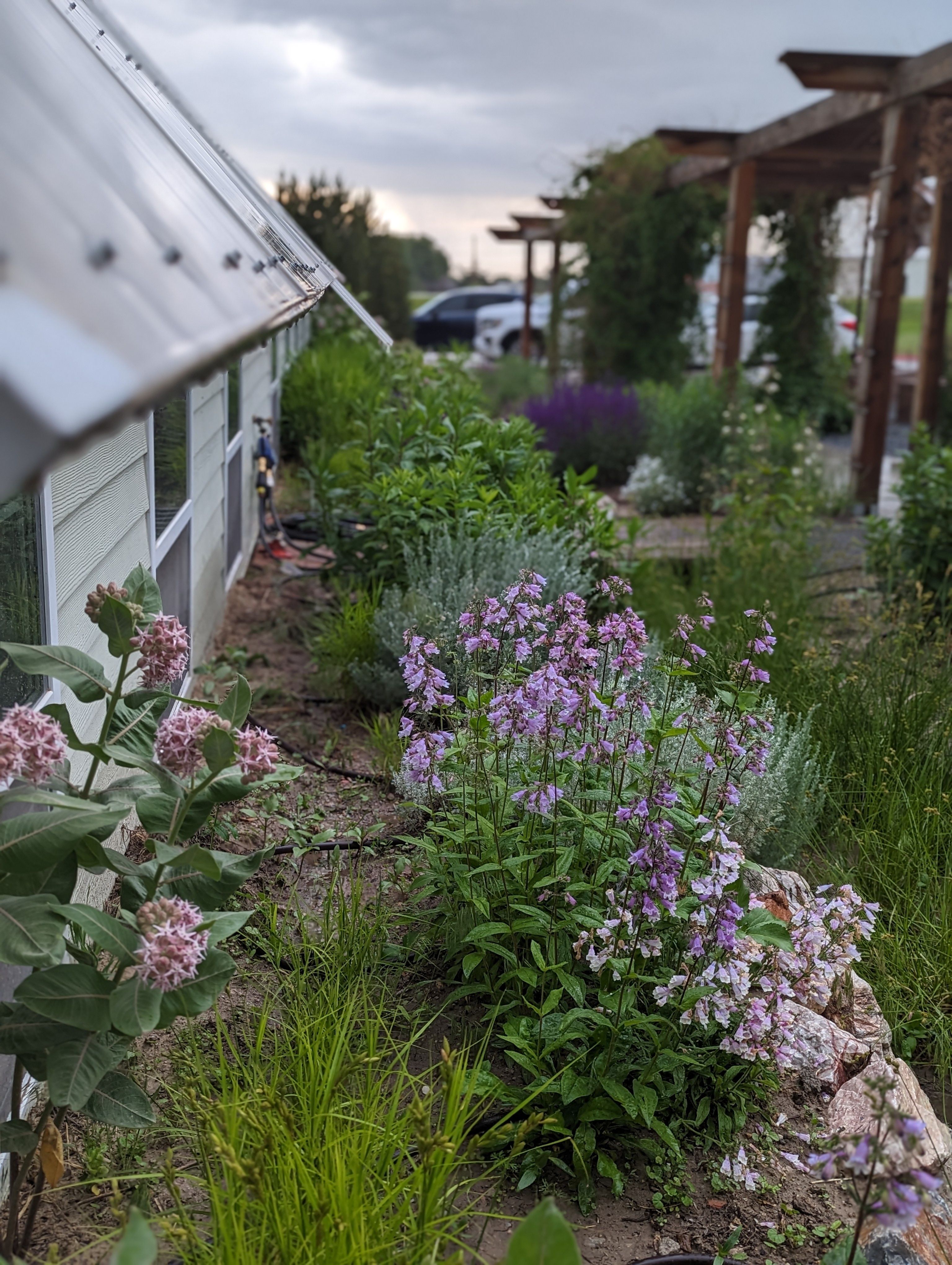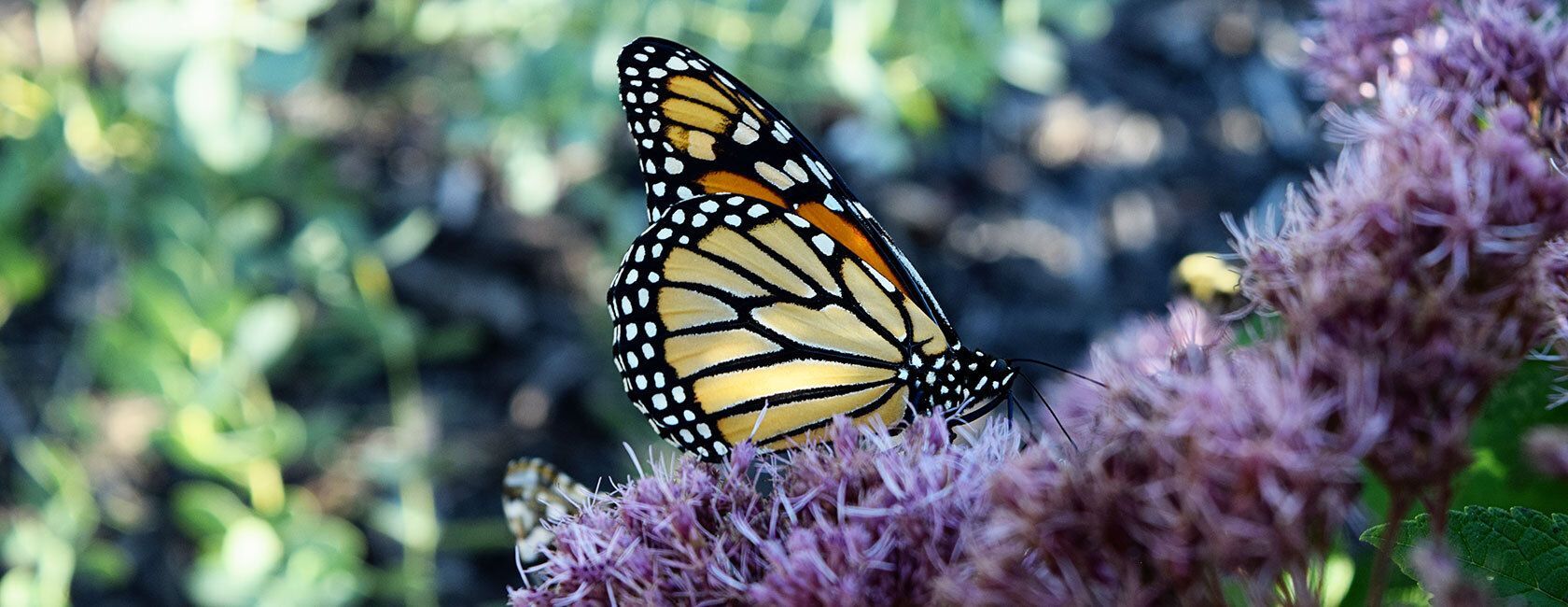Water is Essential
Water is essential. All life depends on it. Protecting and conserving it is one of our primary goals in plant selection and landscape design & management.
Why it Matters:
Drought. Nebraska has historically experienced long periods of drought. Explorers who surveyed the Louisiana Purchase in the early 1800s called it “The Great American Desert.” They weren’t aware of the Ogallala Aquifer sitting below the region, which has allowed us to live well beyond the means of our normal rainfall. Scientists and climatologists anticipate that much of the Great Plains will become hotter and drier.
Daily Water Use. On average we use 550 gallons a day per residence. In urban areas, up to 75 percent of summer water use goes toward irrigating yards.
Water Quality. Water quality is a serious problem, especially in areas receiving stormwater runoff. On rainy days, rainwater flows over hard surfaces and compacted lawns, picking up pollutants and carrying them untreated into streams, rivers and lakes. Polluted water is harmful to animals and people—and is costly to clean up.
The big picture. Water is an essential but limited resource that all forms of life depend on. There is only 1 percent of freshwater on earth, most of it locked in ice. In Nebraska, drainage from our rivers flows into the Mississippi River and eventually into the Gulf of Mexico, a hypoxic (oxygen-deficient) dead zone resulting from pollution that spans 8,000 square miles.
Positive, multi-dimensional Solutions. Landscapes can be designed to absorb and purify water, and use less of it. There are positive, purposeful solutions— permeable paving, tree canopy, green roofs—that help the environment, save money, add beauty and provide places of respite.
What PlantNebraska is doing:
- Waterwise demonstration projects: We have installed many waterwise landscapes across the state and have learned a lot about what works and what doesn’t; which plants are most likely to survive drought or flooding; and how to best plant and manage these landscapes. We administer funds for waterwise and Greener Towns projects using green infrastructure techniques and design to reduce costs and beautify communities.
- Testing plants specifically for waterwise landscapes: We have been testing and introducing plants that can solve the unique management needs of stormwater gardens.
- Education: PlantNebraska has worked across the state to hold educational workshops, talks, conferences and other avenues for sharing information about waterwise landscapes.
- Partnerships: We partner with UNL Extension Stormwater Workgroup, local Natural Resource Districts, watershed departments, engineers and landscape architects to continue to identify needs, engage in collective learning and implement innovate projects.
What you can do to help:
Limit the use of water in the landscape
- Mow high to help retain moisture, shade and cool the soil and reduce weed germination
- Water infrequently and efficiently for ideal plant health and resiliency (over-watering leads to less hardy, shallow-rooted plants)
- Water early in the day to avoid loss from wind and evaporation and limit fungal problems
- Water efficiently—don’t water over pavement, use a rain sensor on automatic irrigation, and make sure there are no leaks
- Group plants by their water needs
- Use native or other well adapted species
- Mulch planting beds with organic mulch
Implement practices to slow, capture and absorb water
- Direct downspouts to planted areas instead of pavement to reduce stormwater runoff
- Create a raingarden or bioswale to capture and filter rainwater
- Collect water in rain barrels to use later
- Become a member or Donate
How your neighborhood, business or community can help:
- All the above plus: Conserve water with bioretention gardens, green roofs, underground storage, etc.
- Offer pamphlets, signage & other resources about water quality and conservation

Different varieties of coneflower (Echinacea) are featured in this rain garden

A rain garden captures stormwater runoff at the end of a neighborhood street in Omaha.

A bioswale created by PlantNebraska in Gering.


